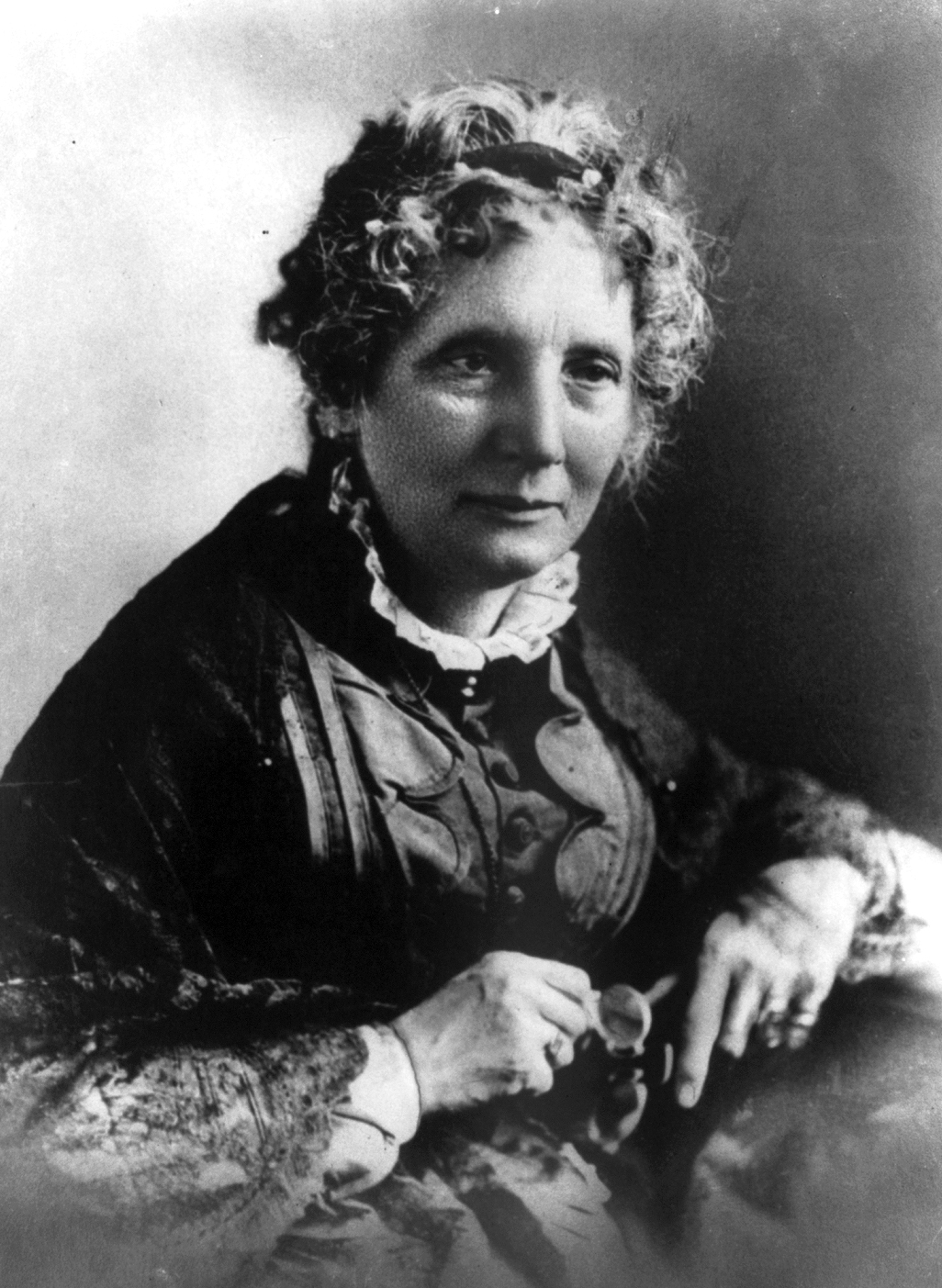Stowe, Harriet Beecher (1811-1896), is remembered chiefly for her antislavery novel, Uncle Tom’s Cabin (1851-1852). But when most people think of the book’s famous characters, Uncle Tom, Little Eva, Topsy, and Simon Legree, they are not remembering the book. They are thinking instead of George L. Aiken’s play of 1852, or of crude and violent spectacles called “Tom Shows,” which played in small towns in the North. Aiken’s play and the Tom Shows only faintly suggest Stowe’s book. Uncle Tom’s Cabin is melodramatic and sentimental, but it is more than a melodrama. It re-creates characters, scenes, and incidents with humor and realism. It analyzes the issue of slavery in the Midwest, New England, and the South during the days of the Fugitive Slave Law. The book intensified the disagreement between the North and the South which led to the Civil War. Stowe’s name became hated in the South.

Other works.
Stowe’s works, dealing with New England in the late 1700’s and early 1800’s, are important for anyone who wants to understand the American past. These include The Minister’s Wooing (1859), The Pearl of Orr’s Island (1862), and Oldtown Folks (1869), all novels; and Sam Lawson’s Oldtown Fireside Stories (1872), a collection of stories. They present everyday life of the New England village, and make clear the positive and negative aspects of Puritanism. Another novel, Dred, A Tale of the Great Dismal Swamp (1856), deals with slavery in the South. Of her later books, the most shocking to her contemporaries was Lady Byron Vindicated (1870). It told of Lady Byron’s separation from her husband, the famous poet, Lord Byron. Stowe’s account was based on Lady Byron’s talk with her in 1856.
Her life.
Stowe was born on June 14, 1811, in Litchfield, Connecticut. Her father, Lyman Beecher, was a Presbyterian minister. Stowe was educated at the academy in Litchfield and at Hartford Female Seminary. From 1832 to 1850, she lived in Cincinnati, Ohio, where her father served as president of Lane Theological Seminary. In 1836, she married Calvin Stowe, a member of the Lane faculty. Her years in Cincinnati furnished her with many of the characters and incidents for Uncle Tom’s Cabin, which she wrote in Brunswick, Maine. After the publication of the book, Stowe became famous overnight. On a visit to England, she was welcomed by the English abolitionists.
Stowe was the sister of the clergyman Henry Ward Beecher and the reformer and educator Catharine Beecher. Stowe died on July 1, 1896. See Beecher, Catharine Esther; Beecher, Henry Ward.
